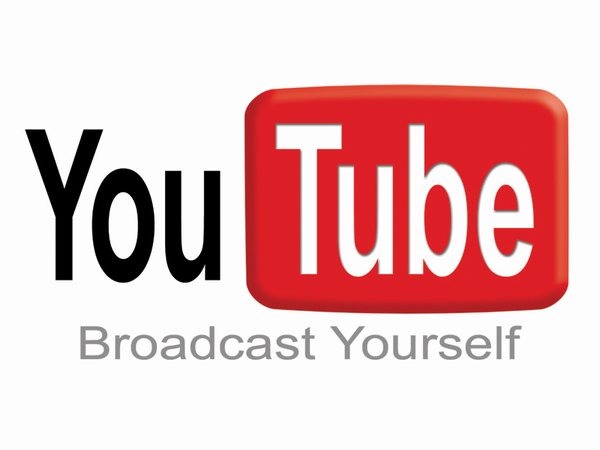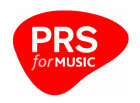YouTube Baulks at PRS Rates

VS

In what may prove a revolutionary move, YouTube is refusing to pay the increased licensing fee that the MCPS/PRS alliance has demanded for the right to stream music videos for signed artists in the UK.
Music licensing can be a knotty problem; while most of the copyrights necessary to permit streaming for tracks belong to the record labels that have direct agreements with YouTube, there are other authorship rights that artists and songwriters can retain, or assign to be protected by the MCPS/PRS, which will attempt to collect revenues on their behalf whenever a song is played.
The previous licence that YouTube had negotiated with the PRS has expired, and the asking price for a new one is larger by many multiples. On top of this, the PRS has declined to specify what rights and what songs are actually covered by the agreement they’re offering to sell YT. In effect the PRS is demanding to be paid for a mystery box, which may or may not contain anything that YouTube actually needs.
The PRS have a different take on this, of course. They claim to be outraged on behalf of both artists and consumers that Google/YouTube have taken the drastic step of shutting down official access to music videos in the UK. Personally I find this quite unbelievable, since all they would need to do to permit the consumers to see these videos is set out exactly what rights they’re selling, and agree a reasonable price, rather than pulling a number out of the air, for an undisclosed package of rights and expecting it to be paid without question.
As we ponder all this, let’s think back to Jan 2008, when the MCPS/PRS forced Pandora, an online radio site that is nothing to do with Microsoft, to shut down UK operation. Pandora said they couldn’t operate sustainably if they had to pay the fees demanded of them. Do these sound like instances of the PRS looking after the rights of consumers and the artists they represent, or is it more like the stifling of new technologies and ways of consuming music, and why can’t the PRS specify what they’re actually bringing to the table in a deal this important?
What is sure is that while the content that’s being wrangled over is unavailable through more legitimate channels, the consumers will be looking elsewhere for their entertainment, to sites like the Pirate Bay to direct them to torrents that generate zero revenue for the artists concerned.
A lot of people are losing revenue and losing their jobs as the whole geography of the music industry, and the entertainment industry at large is gripped in the seismic change the internet is facilitating, and you can’t blame groups like the PRS and the big labels for trying to retain control. This said, perhaps stifling new channels like YouTube and Pandora is cutting off their nose to spite their face, and they would be better off supporting innovation, and creating new ways to generate revenue and help people enjoy the great music that their artists are creating.![]()